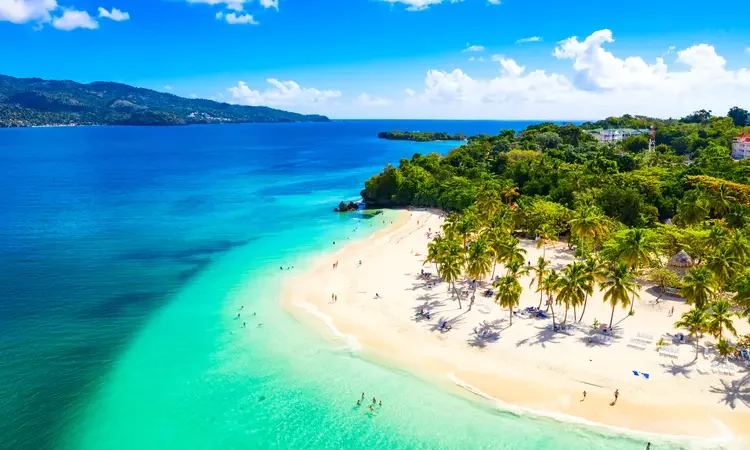
How To Truly Diversify Your Life
The key to living long-term overseas… and to escaping home at a moment’s notice if you need to… is residency and/or citizenship overseas…
You can obtain residency or citizenship in more than one country. However, most expats obtain residency or a second citizenship in just one country outside their home country. Which country depends on your personal goals.
Maybe you simply want to know you have a place to retreat to if things get too bad in your home country…
Or perhaps you want to be able to spend more time each year in a country than that country’s tourist visa allows…
Or maybe you’re looking to move to another country full-time…
Go Offshore Today
Sign up to our free twice a week dispatch Offshore Living Letter
and immediately receive our FREE research report
on how to live tax-free today, while earning up to $215,200!
While most countries offer viable options for taking up full-time residency, some countries make more sense than others as backup residency options (i.e., for your emergency “get out of dodge” plan).
Acquiring a second citizenship is typically a later step in any go-offshore plan. Most people don’t start here.
And not everyone is interested in the idea of obtaining a second passport at any stage.
Understand, though, that this can be the single most powerful option for creating options… not only for you but also for your children (because you can pass on your citizenship rights).
The world is an ever-changing place. A U.S. passport is still one of the best in the world today, but what value will that passport have in ten or twenty years… or a generation after that? Impossible to say.
In the late 1800s, the U.K. was recognized as the major world power… and many probably expected that to continue indefinitely. But Britain’s global reign ended after World War II and the breakup of its empire.
Today, the country is still economically, politically, and militarily strong, but it’s not a superpower.
The United States could still be the major power in the world in another one hundred years… but it probably won’t be.
Will it still be someplace your great-grandchildren will be able to find economic and personal security? I hope so.
But why not give them options and hedge their bets by obtaining a second citizenship that can be passed down to them?
A second citizenship also gives you immediate residency and the right to work in the country.
Maybe those things are important to you now… maybe they’re not. But maybe they could be important to your future generations.
Kathleen and I both hold Irish citizenship and Irish passports, thanks to the time we spent in Ireland. We became naturalized Irish citizens.
Go Offshore Today
Sign up to our free twice a week dispatch Offshore Living Letter
and immediately receive our FREE research report
on how to live tax-free today, while earning up to $215,200!
When I first suggested to Kathleen that we get naturalized in Ireland once we were eligible, she wasn’t terribly interested in the idea. It required paperwork, and she dislikes administrative tasks.
Her attitude changed when having Irish citizenship allowed us to live in Paris full-time when we decided to move there (because both countries are part of the EU).
When the pandemic closed off travel routes, she was even happier that we had options and were able to make travel plans thanks to this decision made more than a decade before…
My immediate family all came together for Christmas during the pandemic in Chamonix, France. We followed the lockdown rules in France, but the fact that we were all able to be in France during the pandemic is a testament to the thirty years of internationalization I’d done… including—and most importantly—getting second citizenship.
Our granddaughter was able to take in her first sledding experience in the shadow of Mont Blanc because her parents moved to France before she was born. Our daughter wanted to live in the culture and art that overflow in Paris.
Our son, thanks to the pandemic, skipped his classes at NYU Shanghai since he wasn’t interested in taking remote classes. He used that time to work on various music projects, including his first album. Then he was able to take in-person classes from NYU in Paris the next semester, thanks to his Irish passport.
Kathleen and I were able to go to the States to help my mother with some work on her house over the summer and return to Paris via Ireland… again, thanks to our Irish passports.
We had residencies, citizenships, properties, and bank accounts organized to allow us this very flexible international life… even in the most inflexible times.
Stay diversified,
Lief Simon
Editor, Offshore Living Letter




